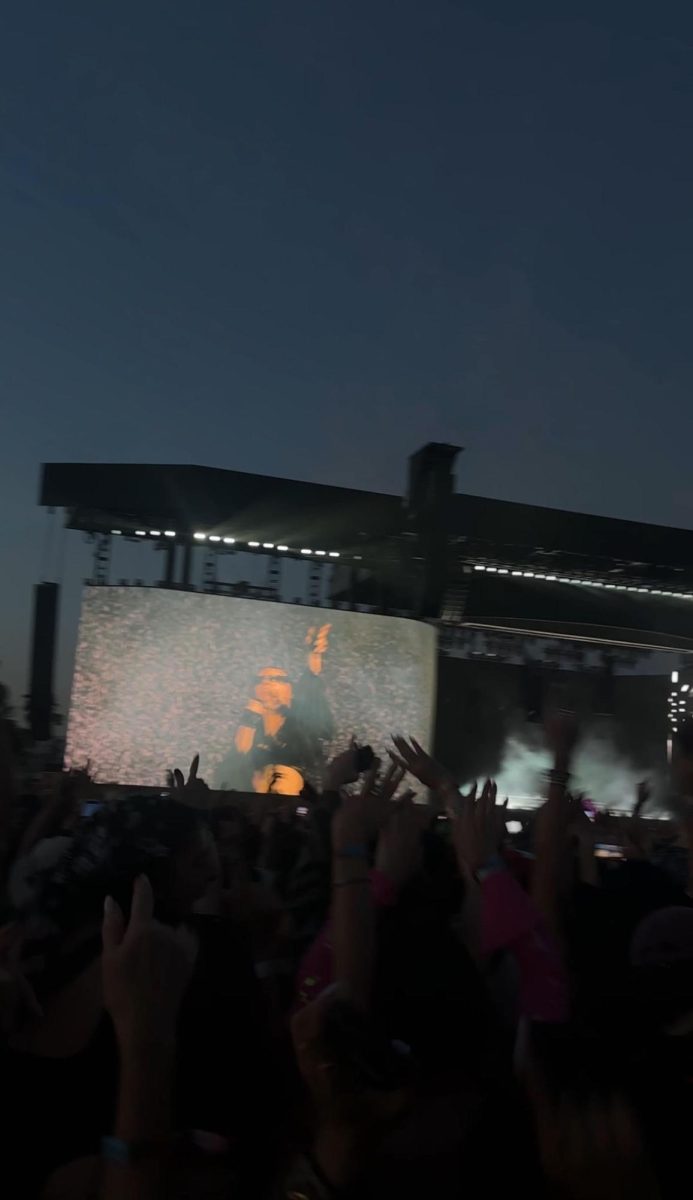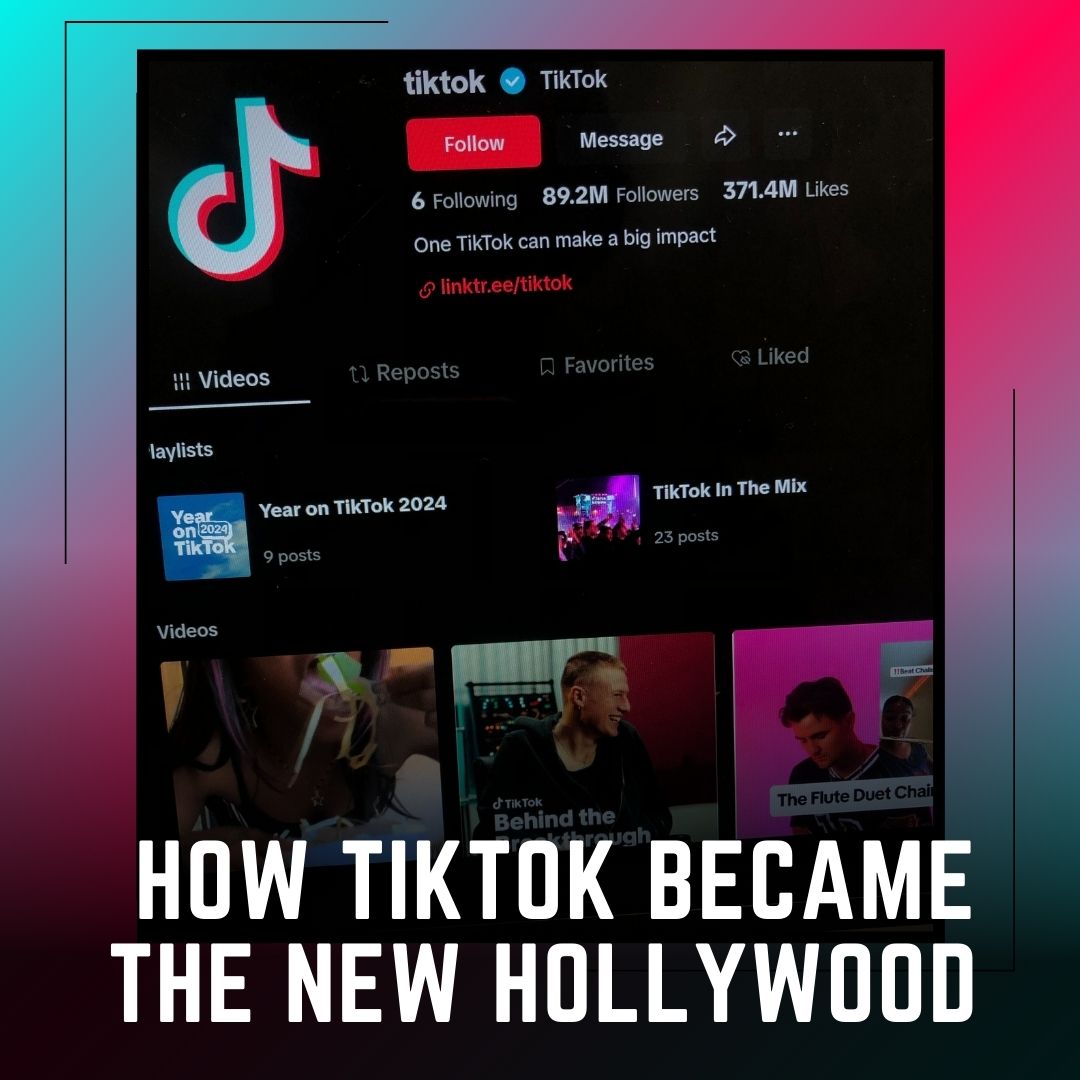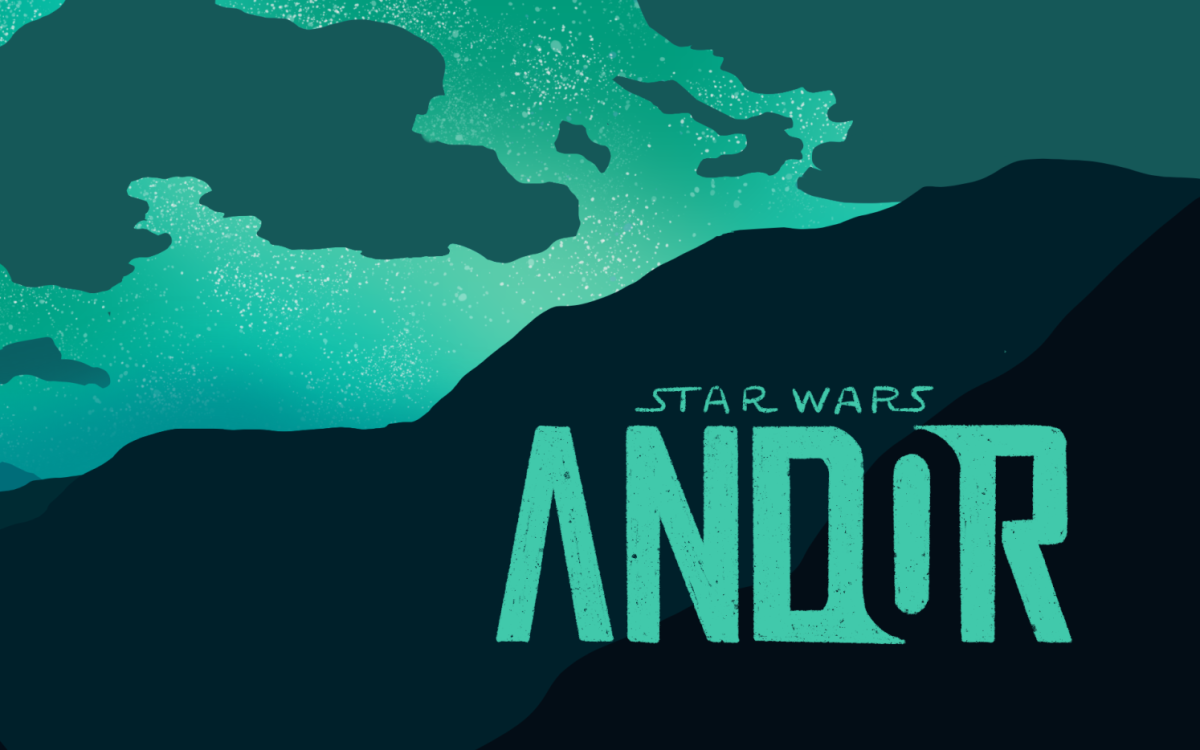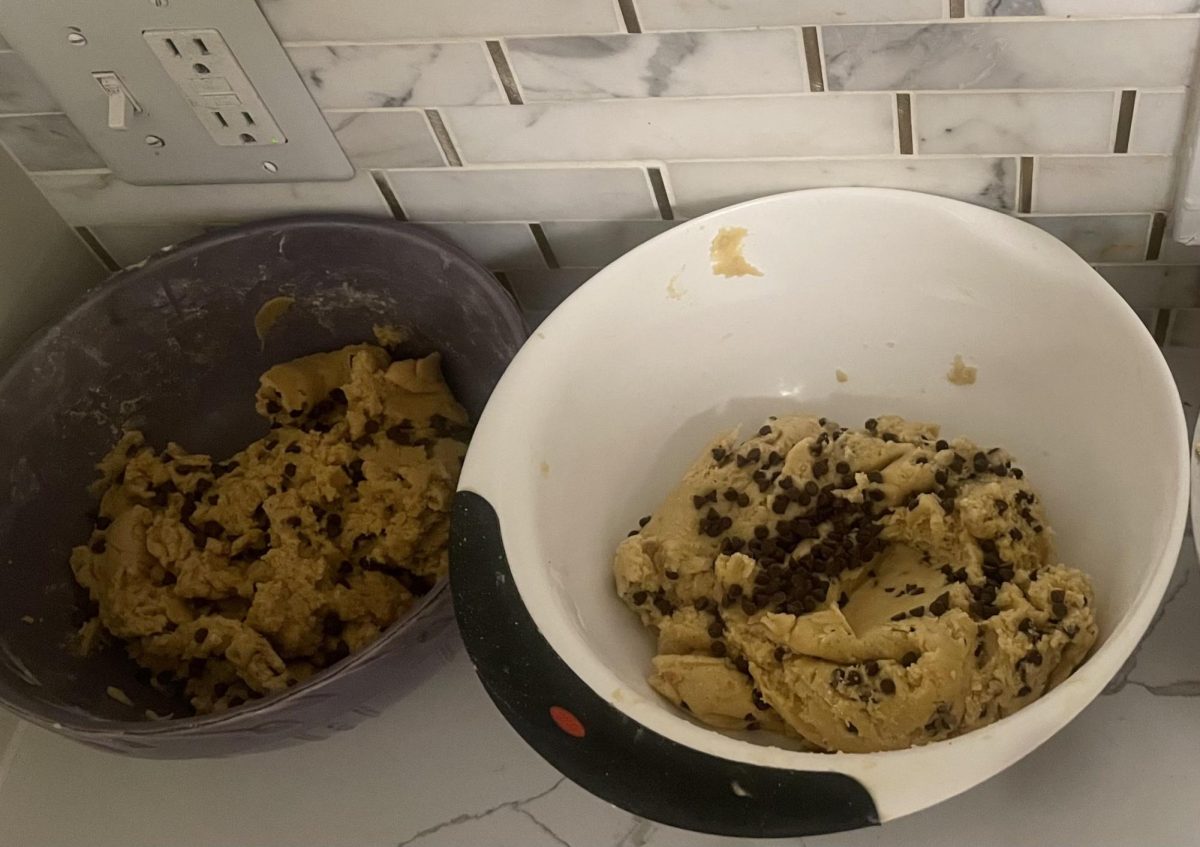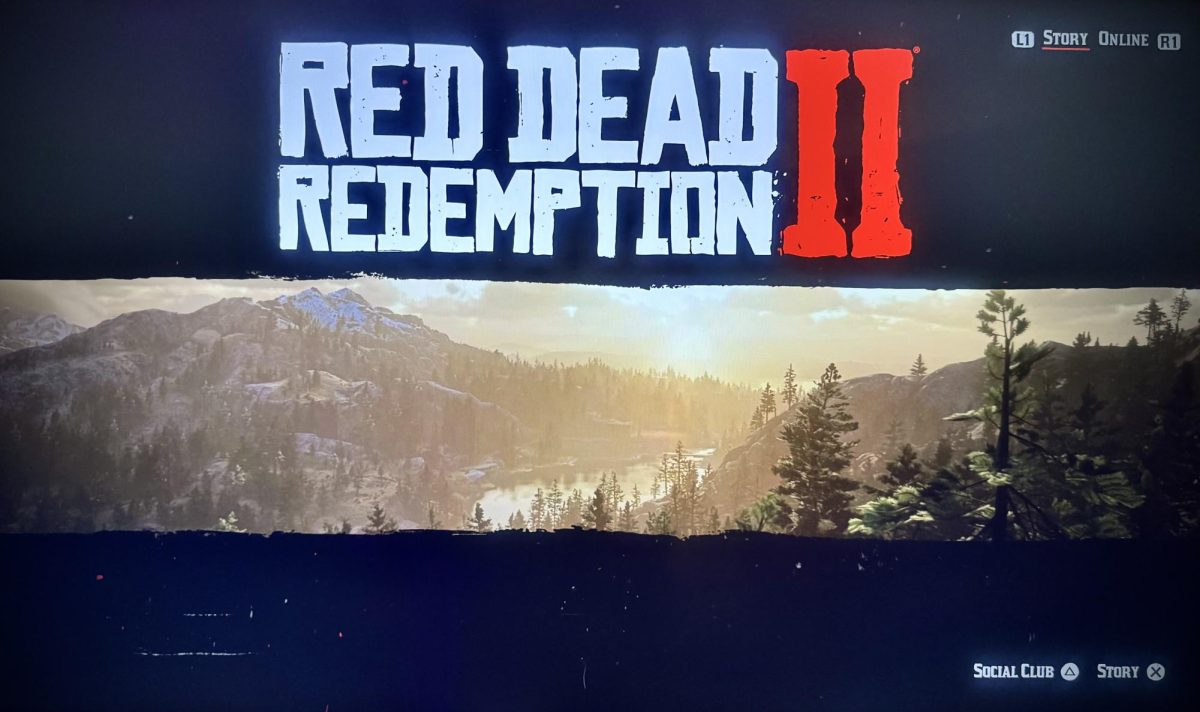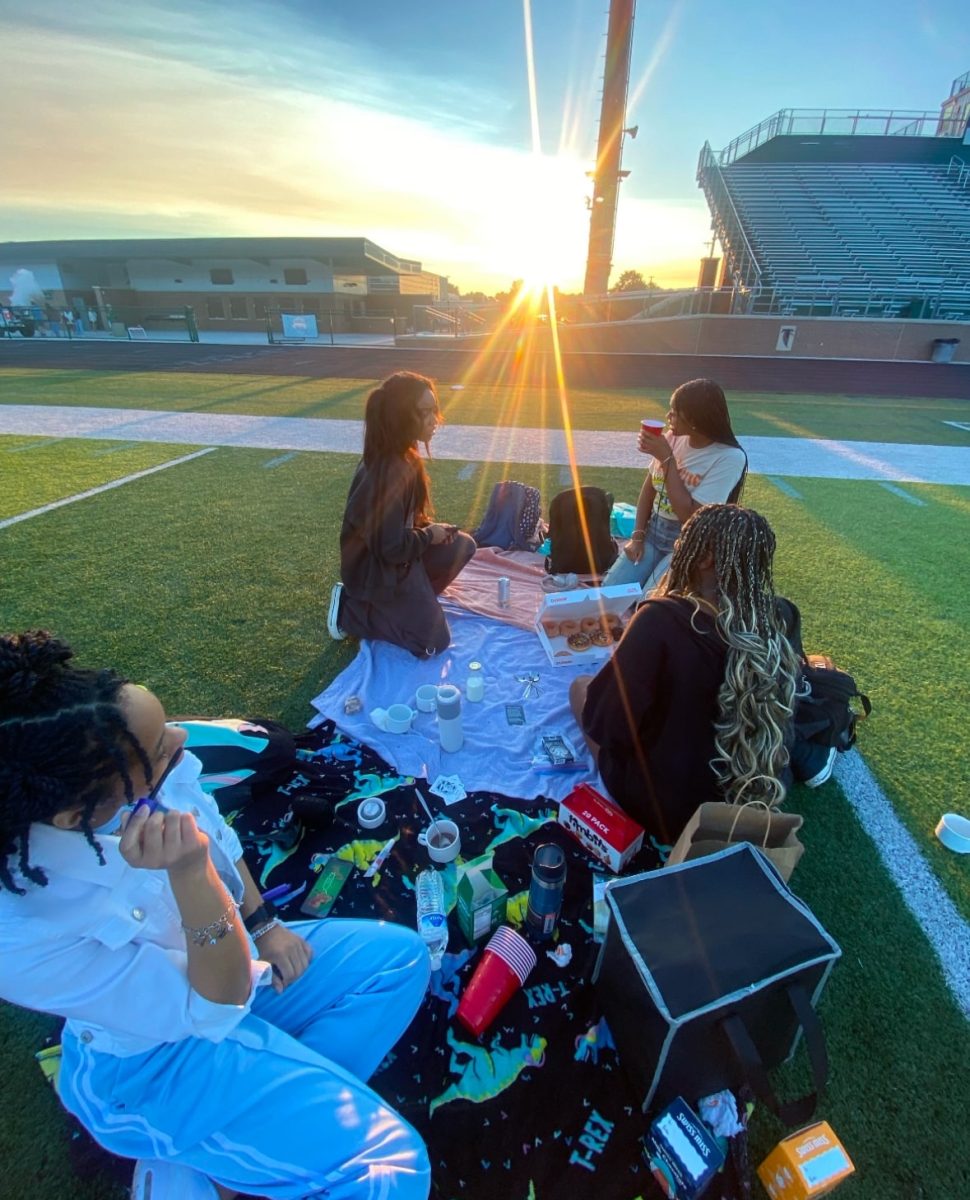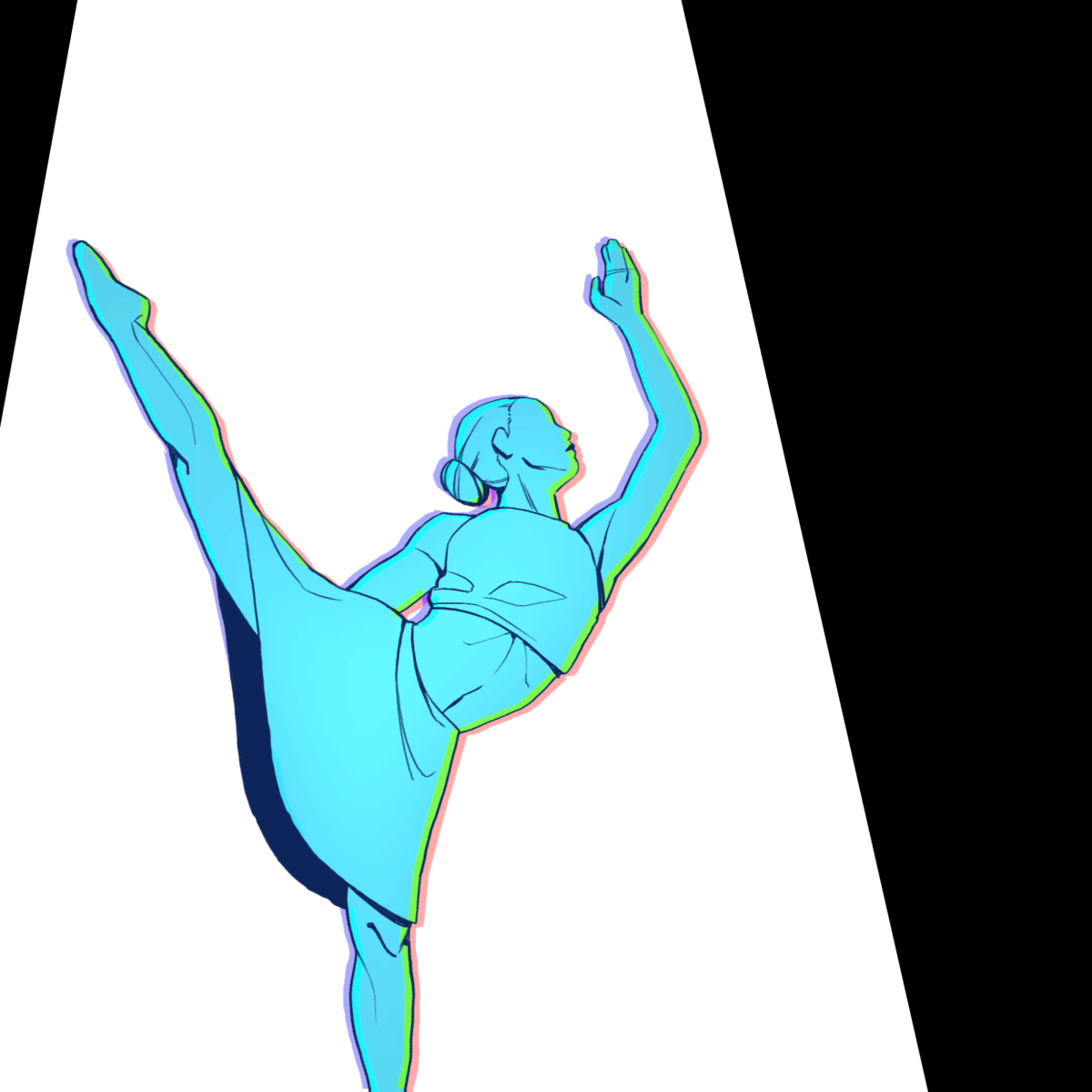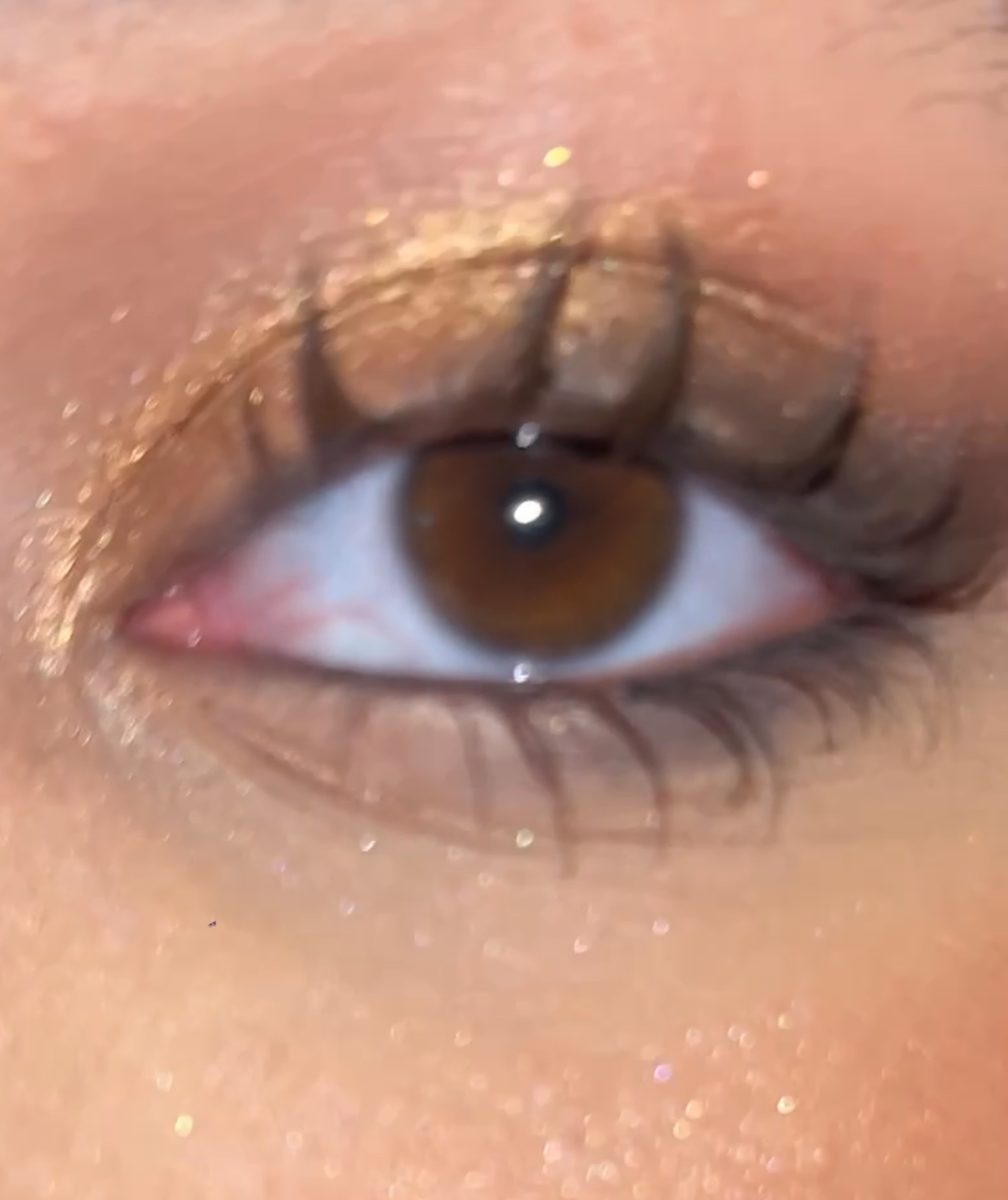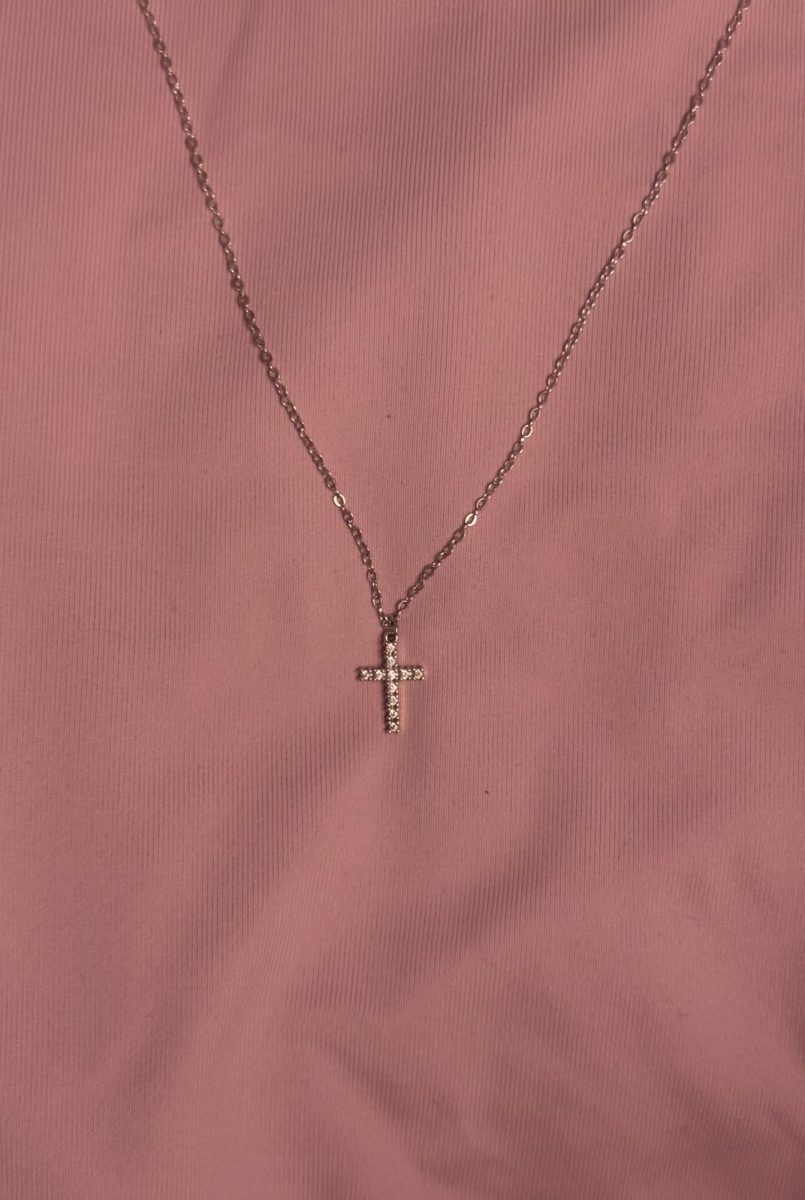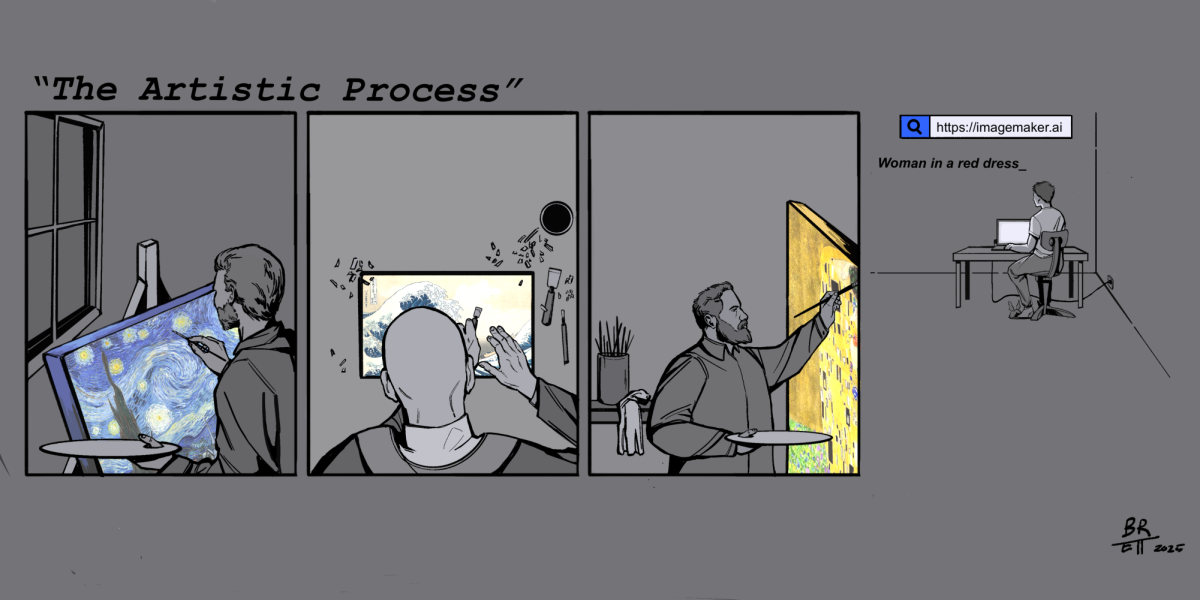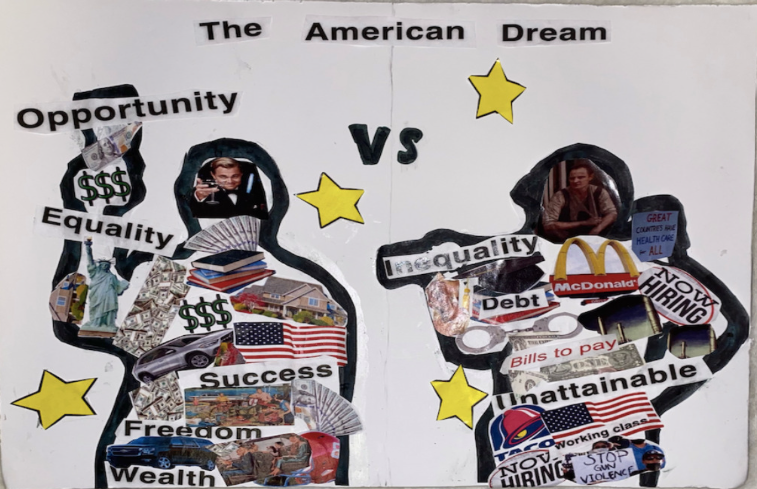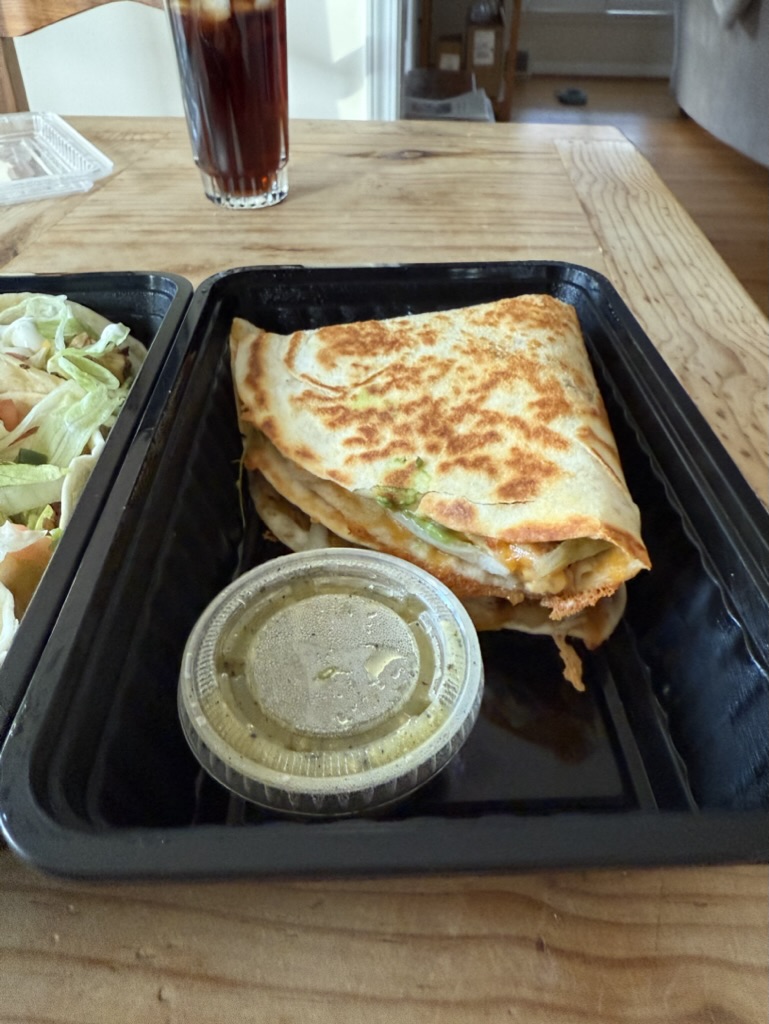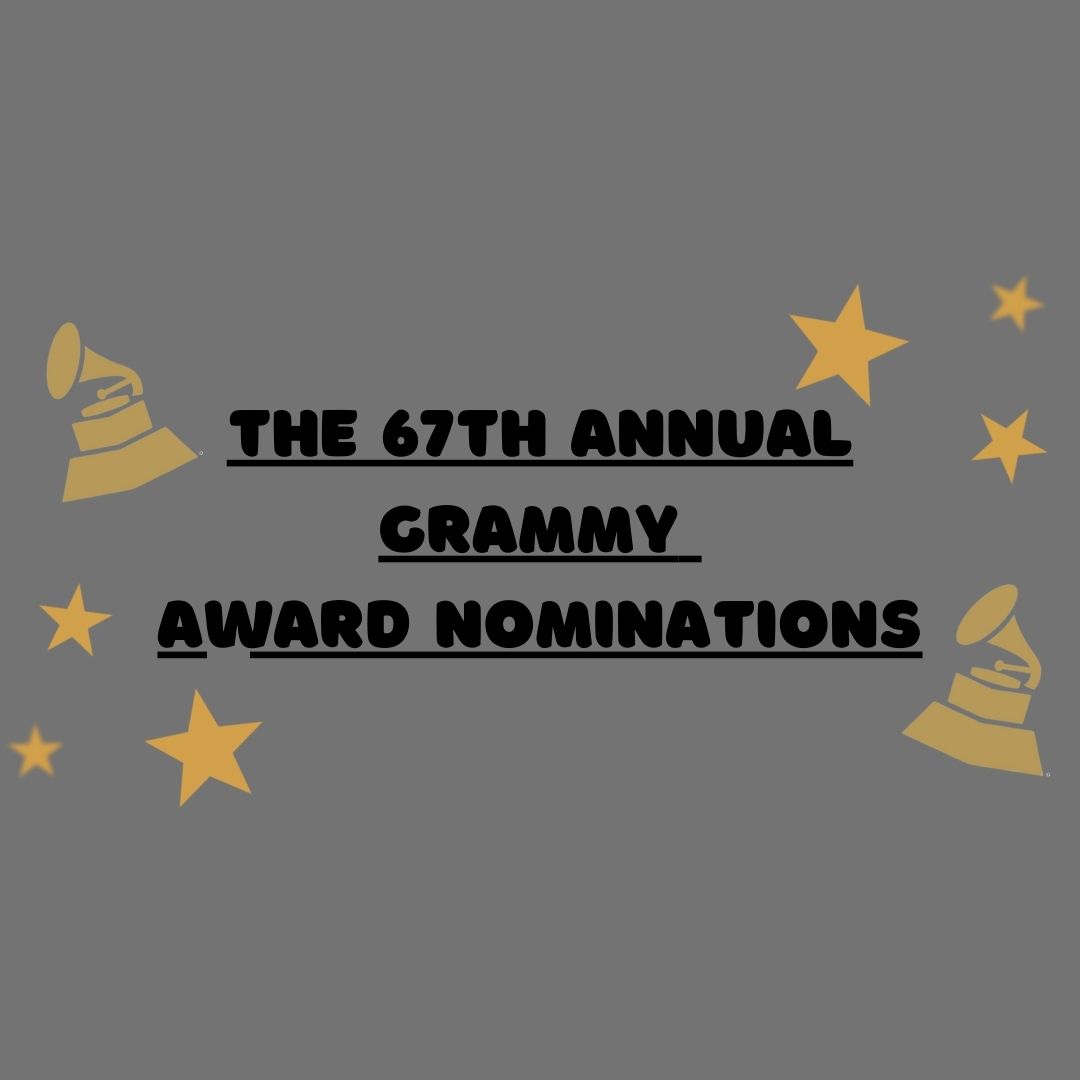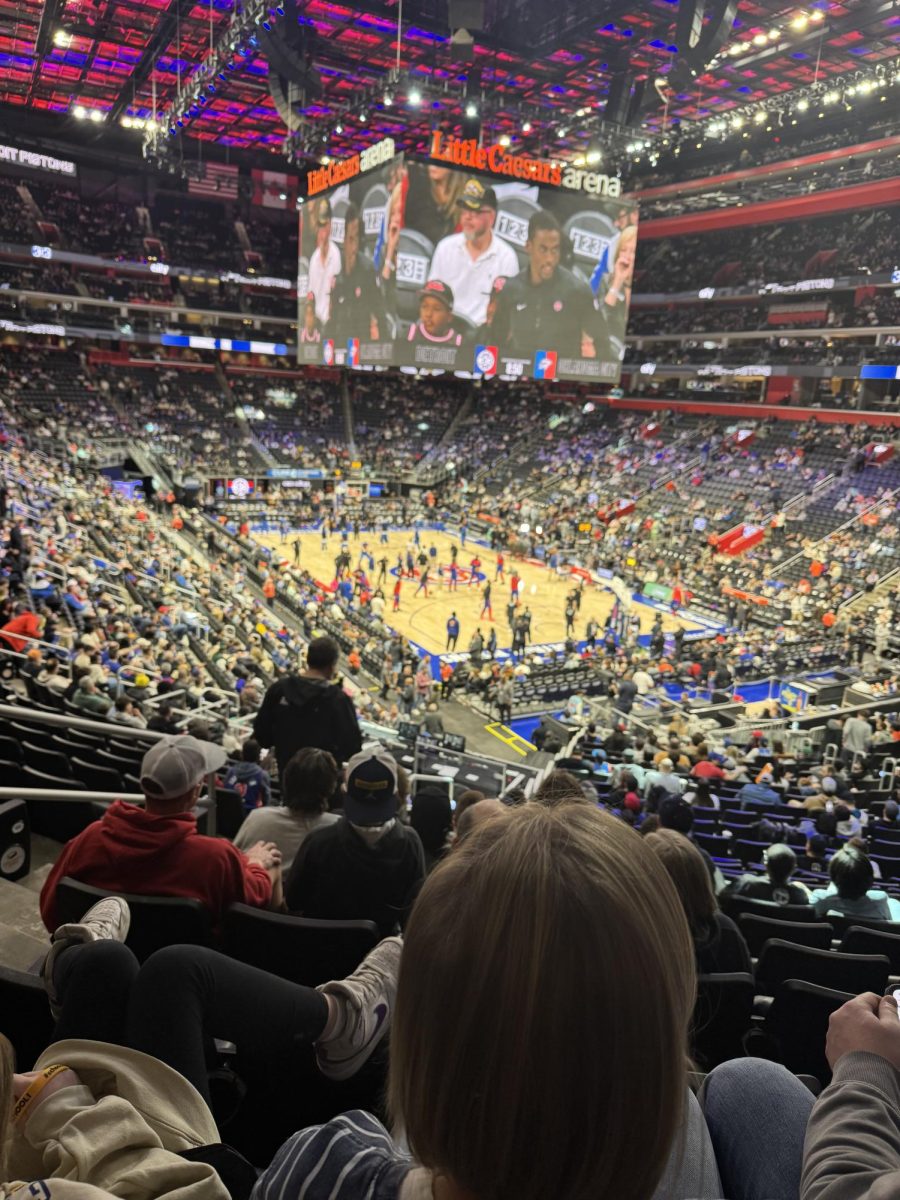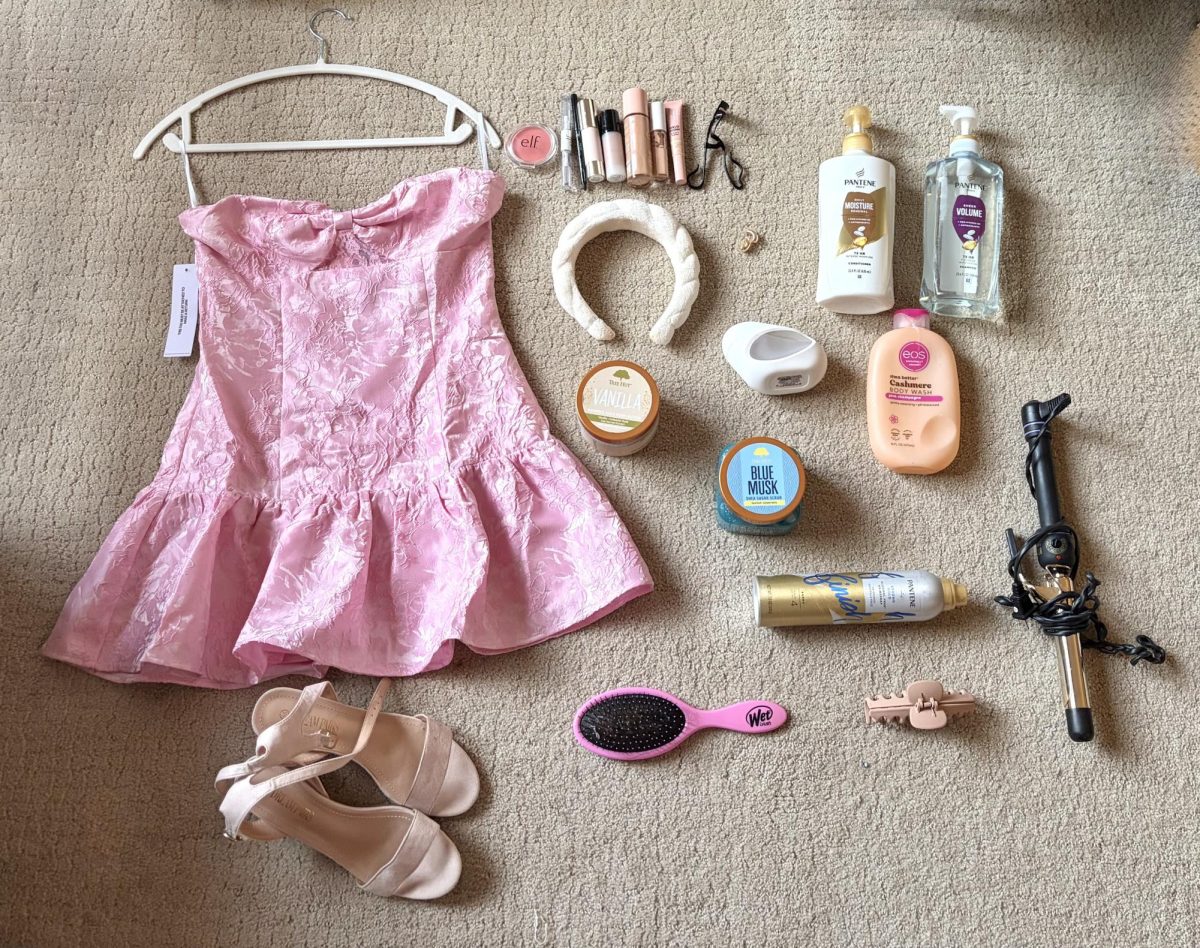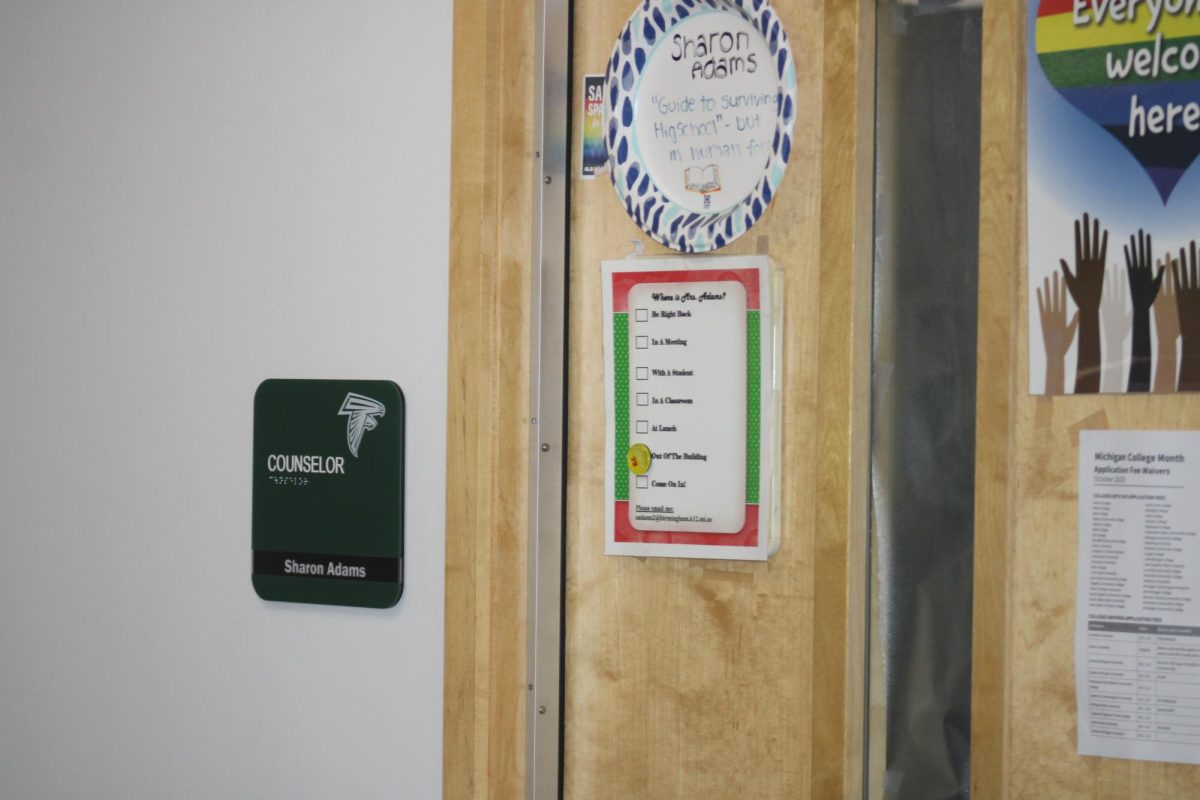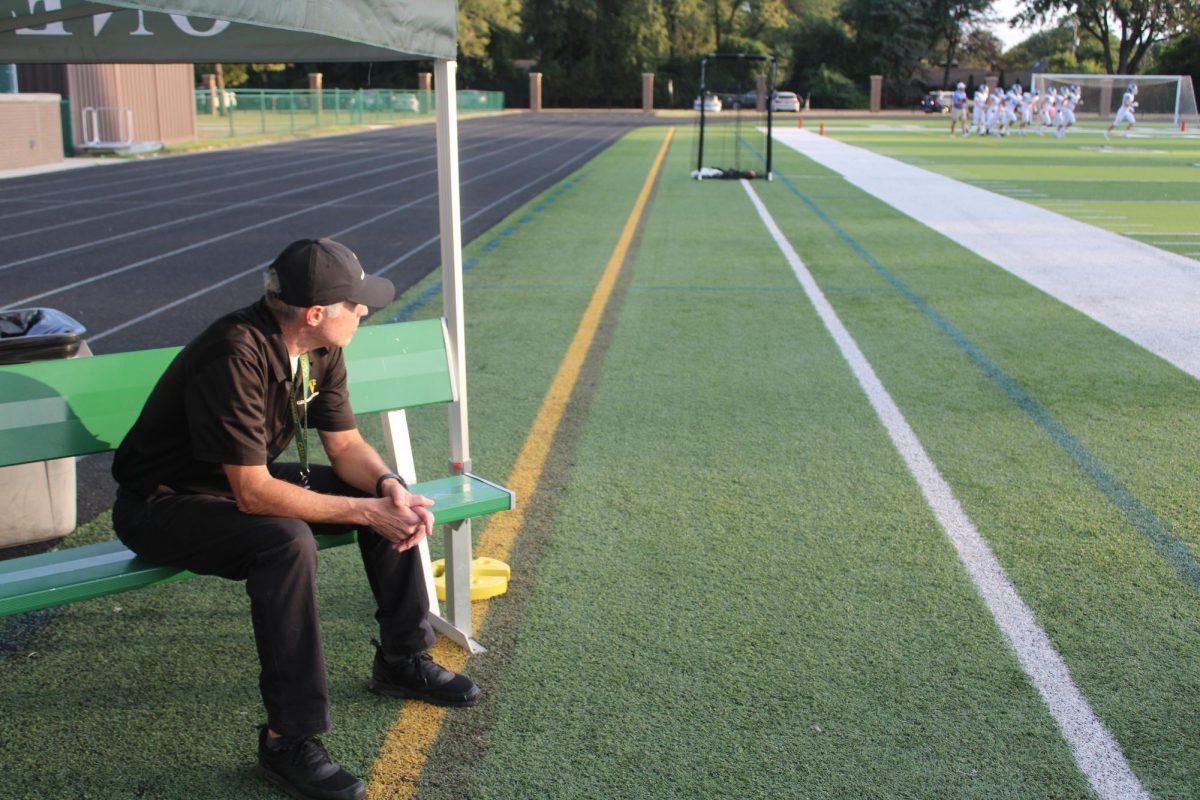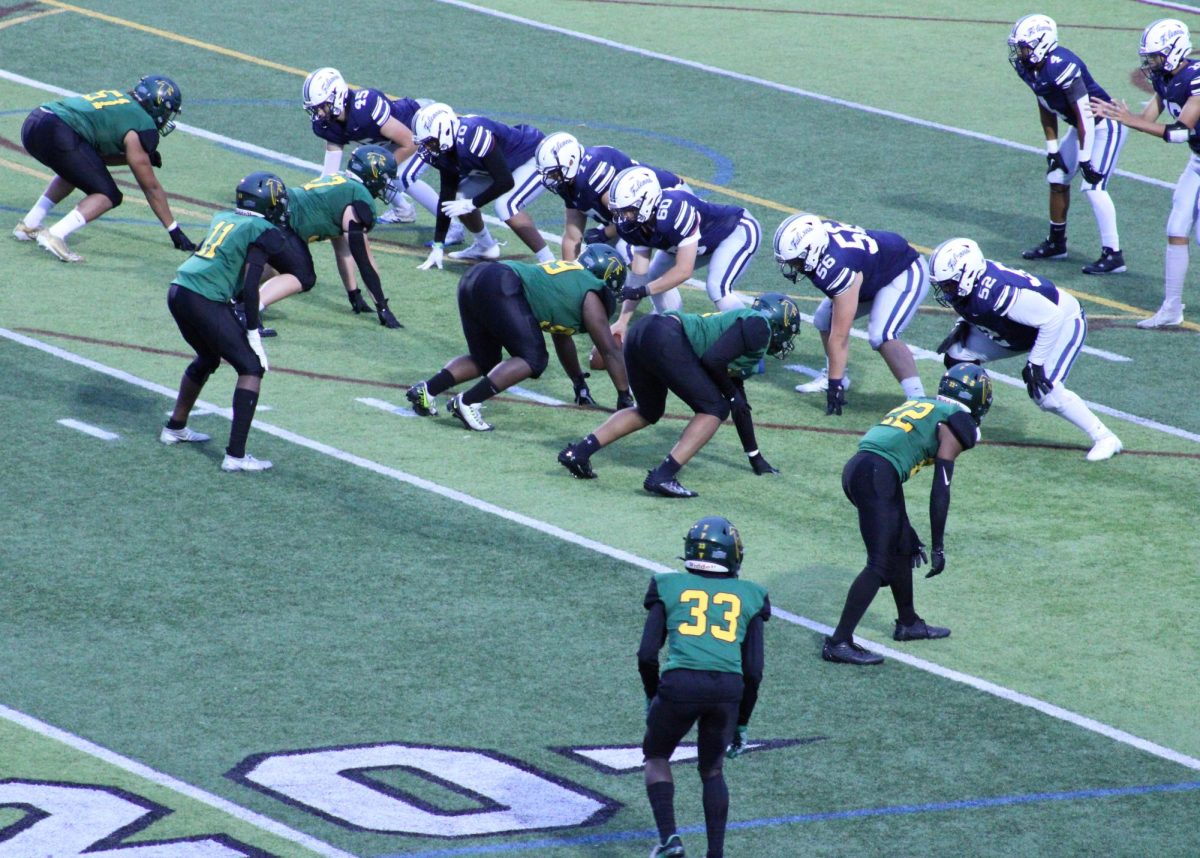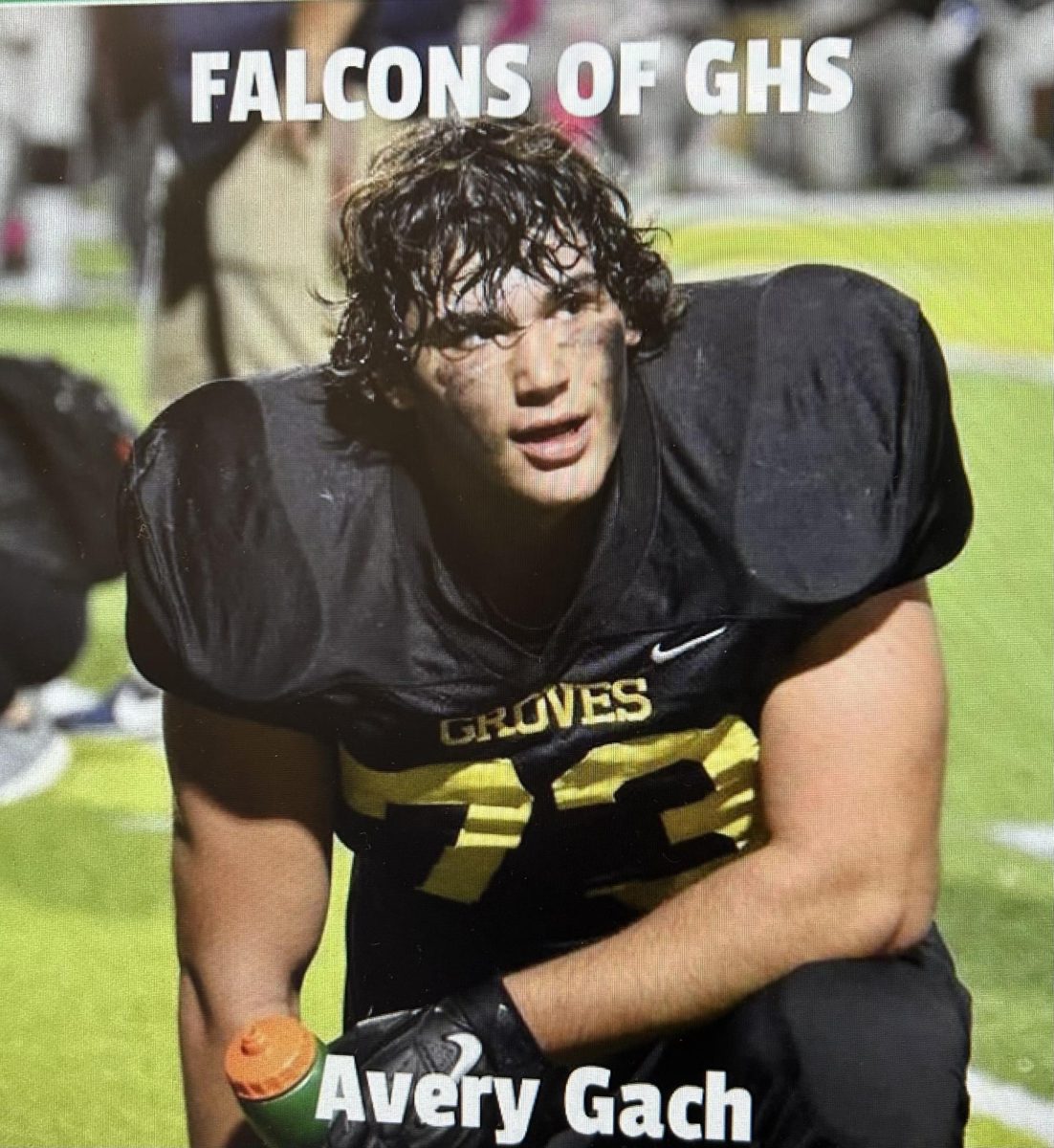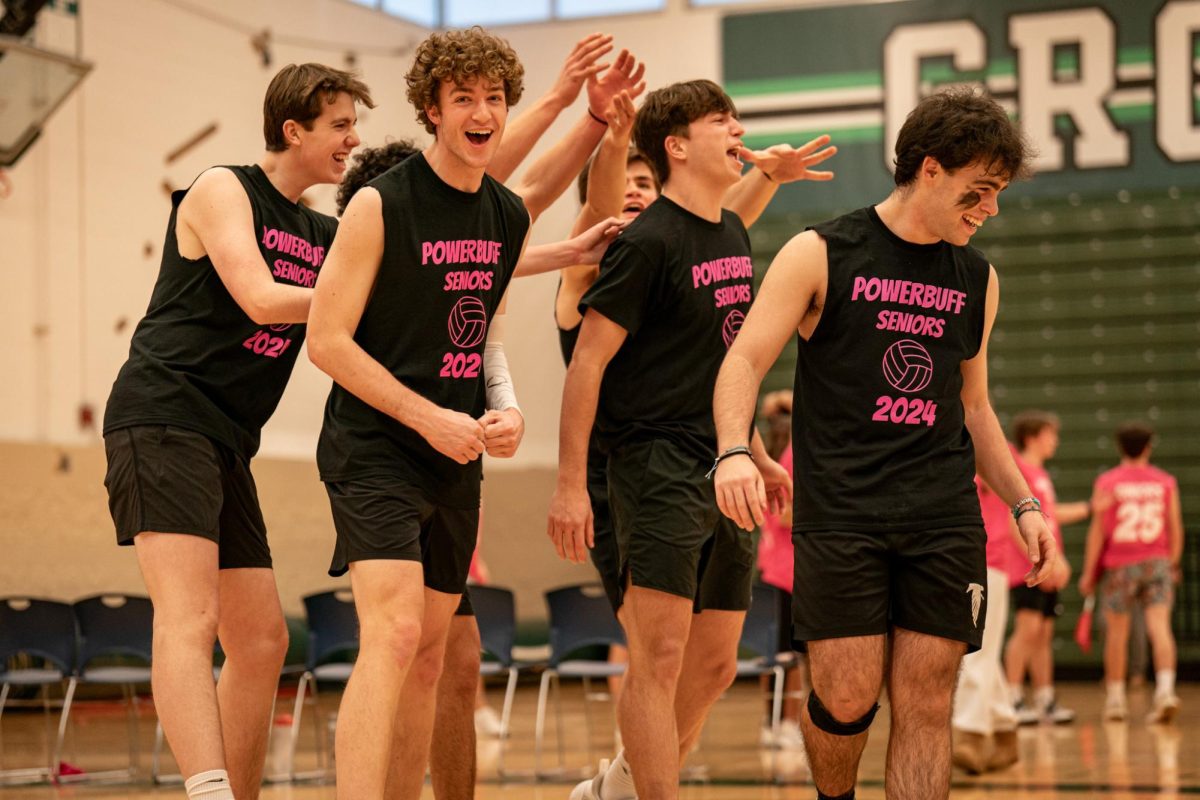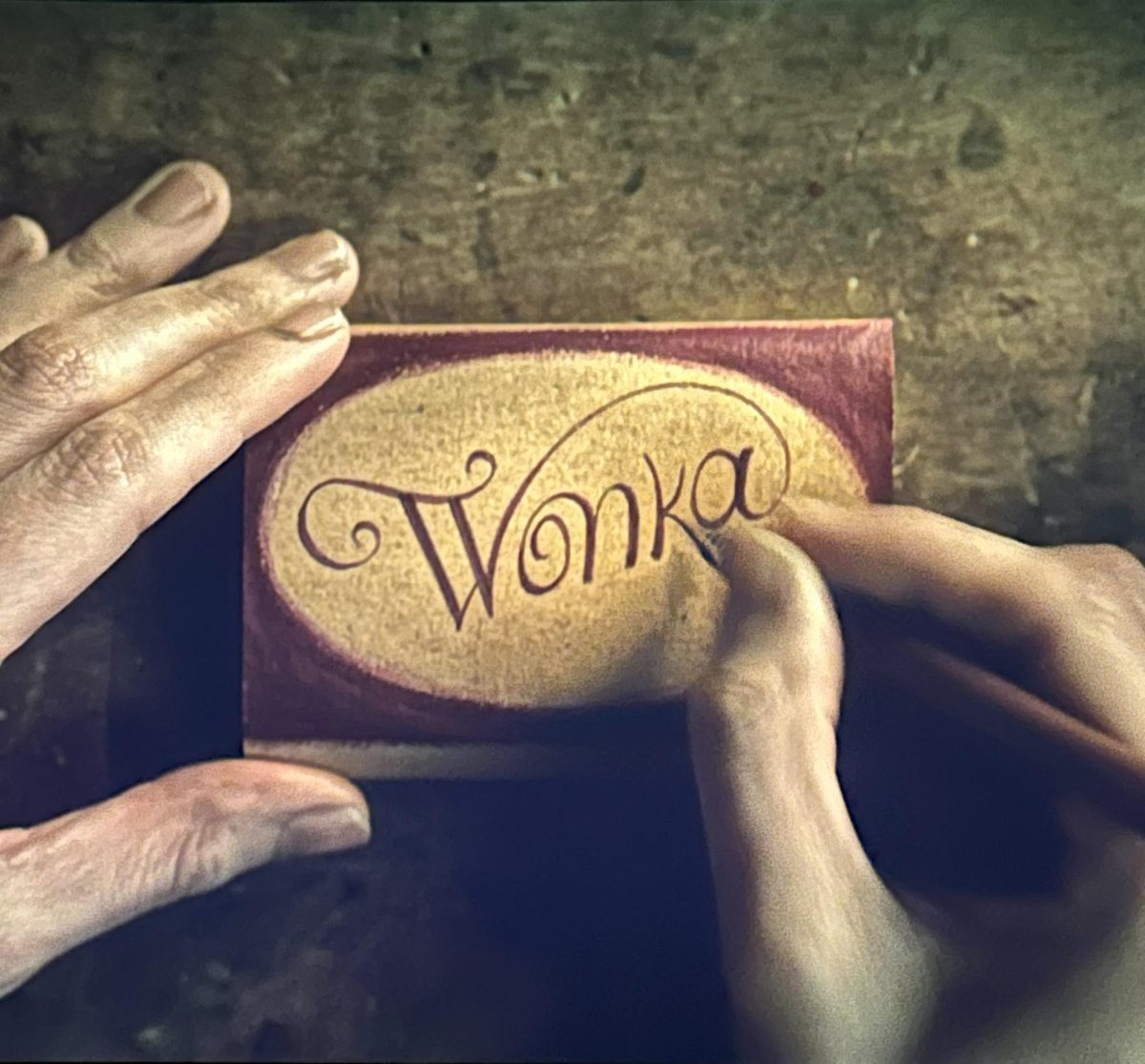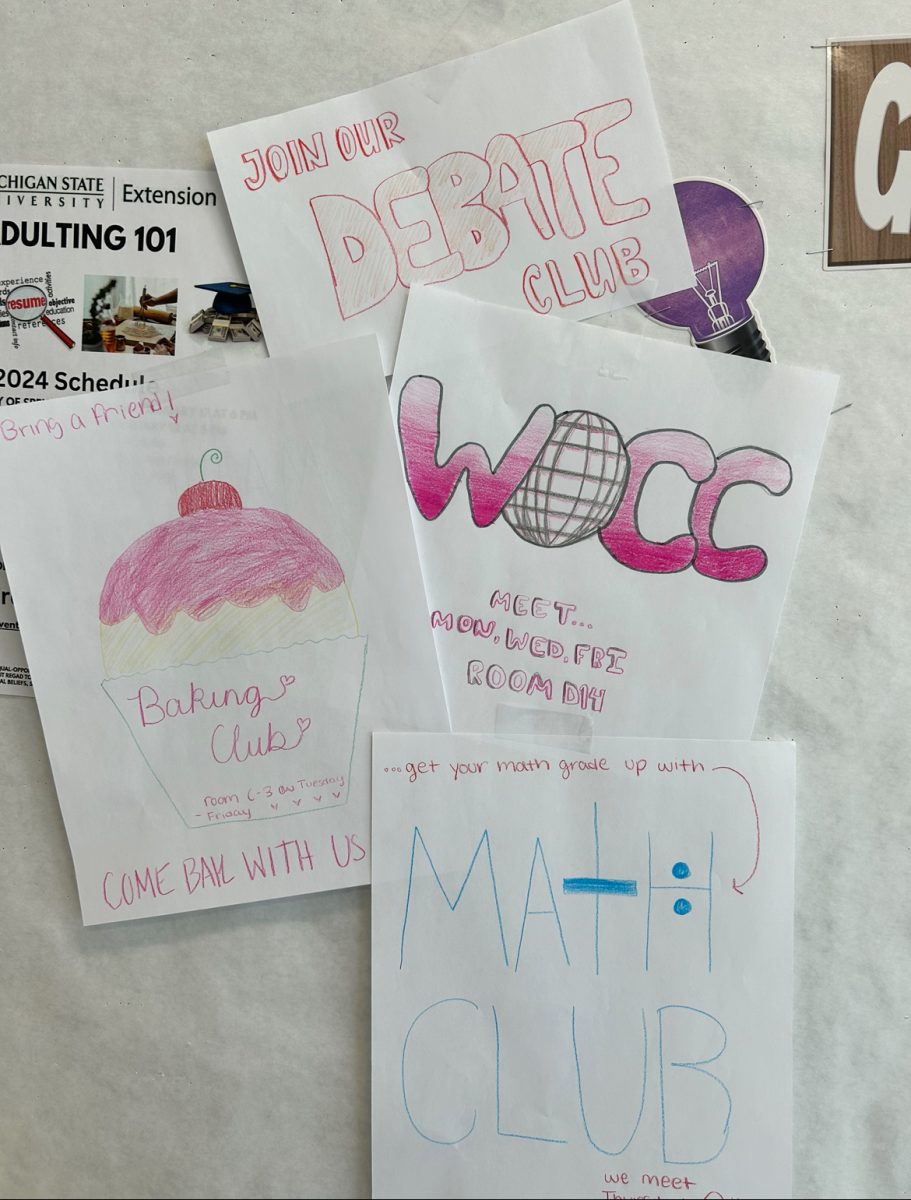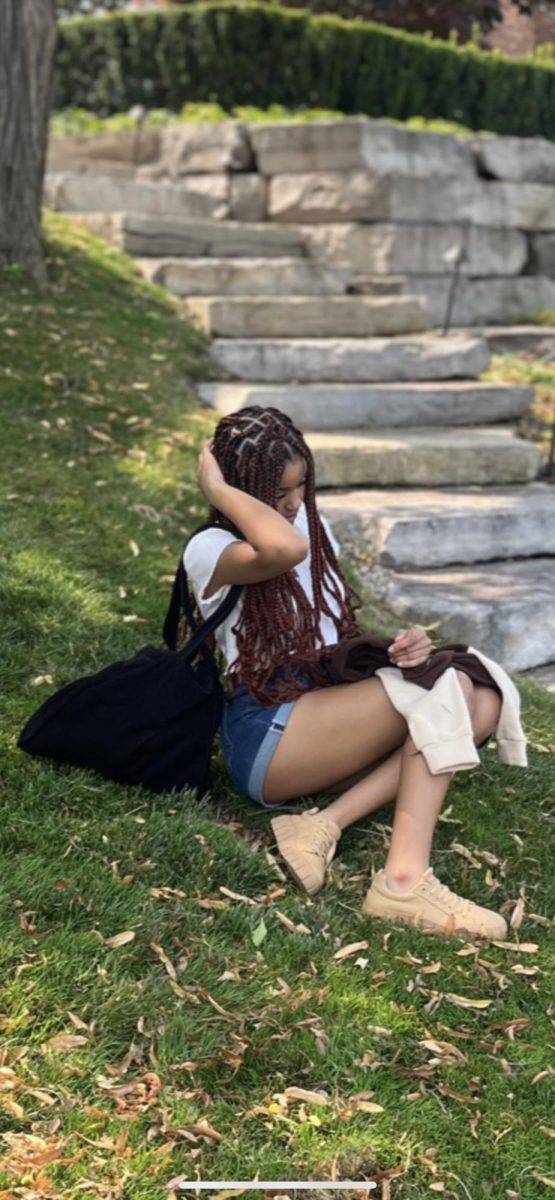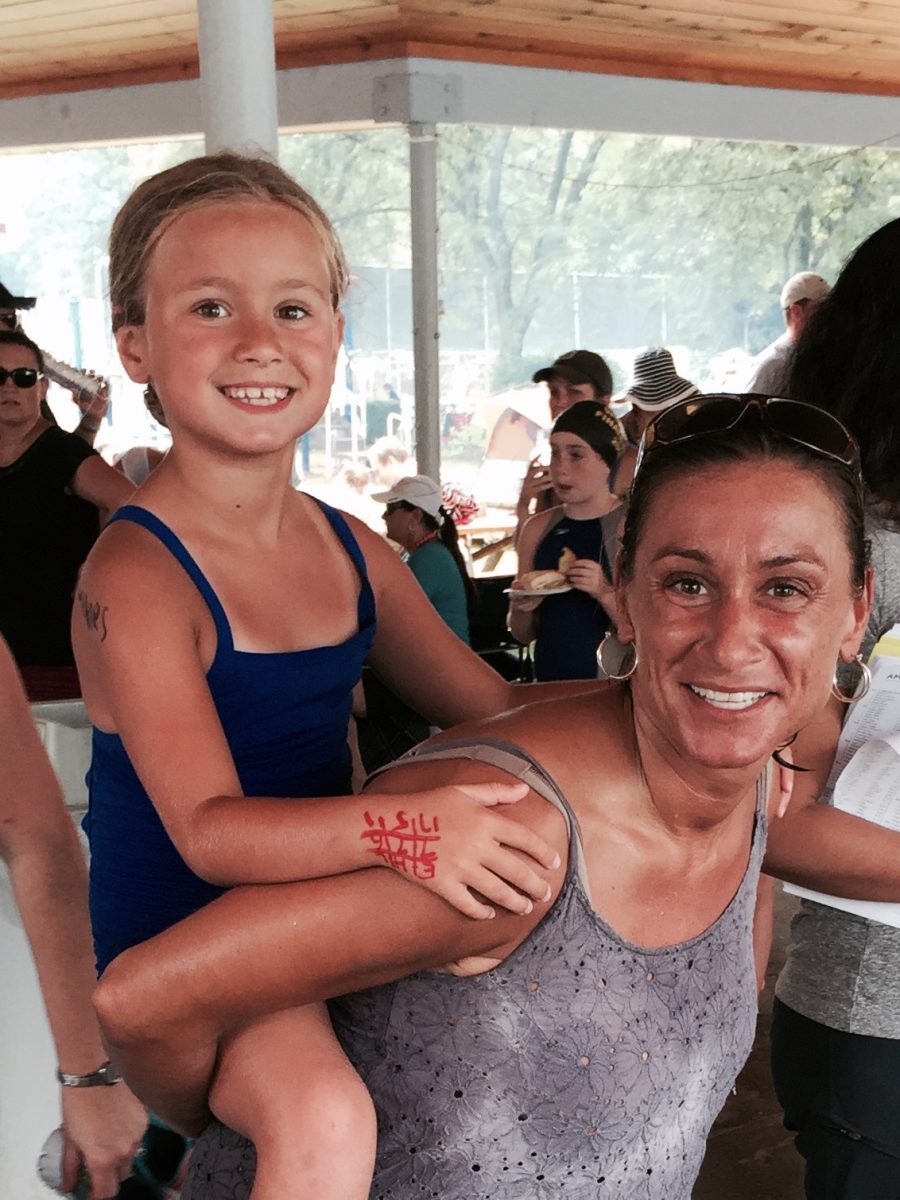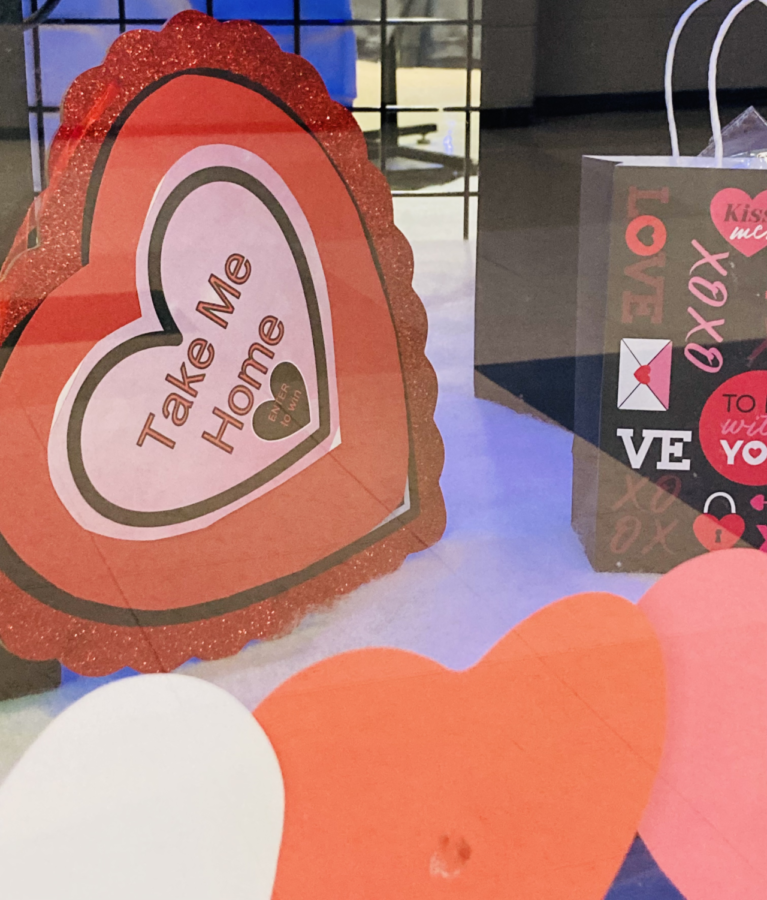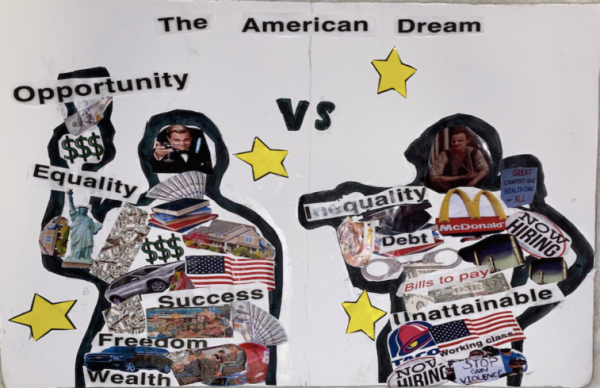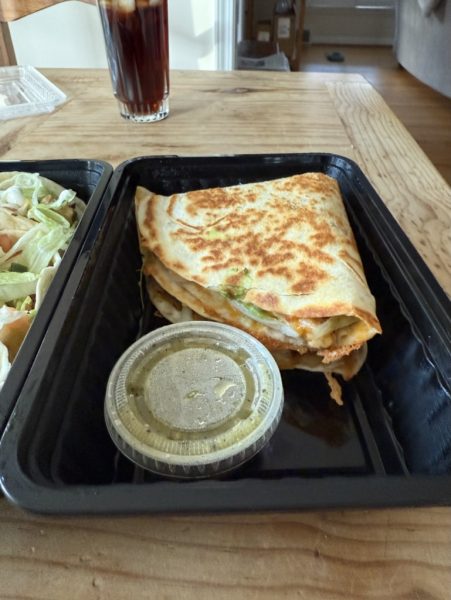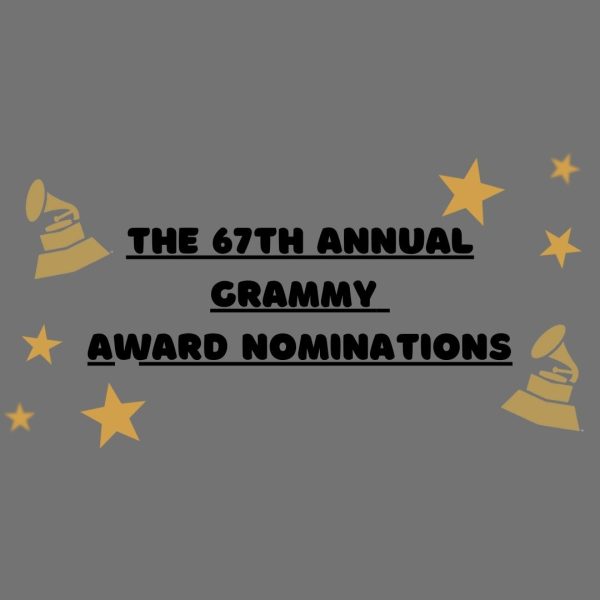Is Romance really dead?
Valentine’s Day decorations outside of the Falcons’ Nest reflect warm colors and warm feeling.
Love, in any form, has always been regarded as an intrinsic, necessary human need. As far as history dates back (no pun intended), it’s been believed the right people will gravitate towards one another, seeking comfort and reciprocation from loved ones. Compatibility creates harmony, which promotes improved well-being and close bonds. Simply put, people are happy when united together with others.
But in this day and age, that’s a scarcity to come by.
As Valentine’s Day approaches, high school sweethearts and years-long partners will show their affection in an assortment of ways. Yet aspects of this generation’s expressions are hardly touched on, involving toxic hookup culture and the glorification of mistreatment. This is primarily seen in those pursuing a quick fling, but can persist in any given relationship. And even when touched on, we’ve grown to view this behavior more informally than we should; the cycle perpetuates the less we discuss these uncomfortable realities.
The term “hookup culture” refers to casual encounters between interested romantic parties for emotional or physical gratification. While simple in definition, put into execution, the practice has been known to cause moral panic and detrimental mental health effects. Those who participate often deal with faltering self-esteem and increased stress & anxiety, an epidemic already intensified in this generation. Not to mention the sheer amount of risk—sticking to instinct can be reliable, until faced with added factors like intoxication or lack of responsibility.
Furthermore, a sharp hit to etiquette doesn’t serve this well. We’re constantly surrounded by horror stories of negative experiences between partners: ranging from creeps feeling entitled to their advances, to straight-up abuse-consuming behavior, to often worse. Red flags are glaring and should never be ignored, yet the most common response is to minimize or disregard them entirely. The amount of times I alone have witnessed, encountered, or heard of people my age being subject to harm in a relationship is appalling. As a whole, injuries are countless.
In order to improve on these issues as individuals and as a collective, we have to acknowledge them and be willing to change. For those searching for a relationship, or are currently in one—this is just a reminder to stay safe and stick to your intuition. While being open and expressive is a blessing, I encourage this generation to have more awareness. Don’t barrel into anything you’re even slightly uncomfortable with, or just because you seek the approval of a single individual. Maintaining not only a level of respect for others, but also for yourself, can be instrumental guidance in a tricky situation.
Not to mention; as brutal as reality may be, reality is also optimistic. Love doesn’t have to be entirely consumed by its potential negatives. So go show someone you appreciate them—platonic, romantic, familial, whoever—outside of an one-off text or false gestures. Spend time with your loved ones, and do better than the bare minimum.
Your donation will support the student journalists of Wylie E. Groves High School. Your contribution will allow us to purchase equipment and cover our annual website hosting costs.

